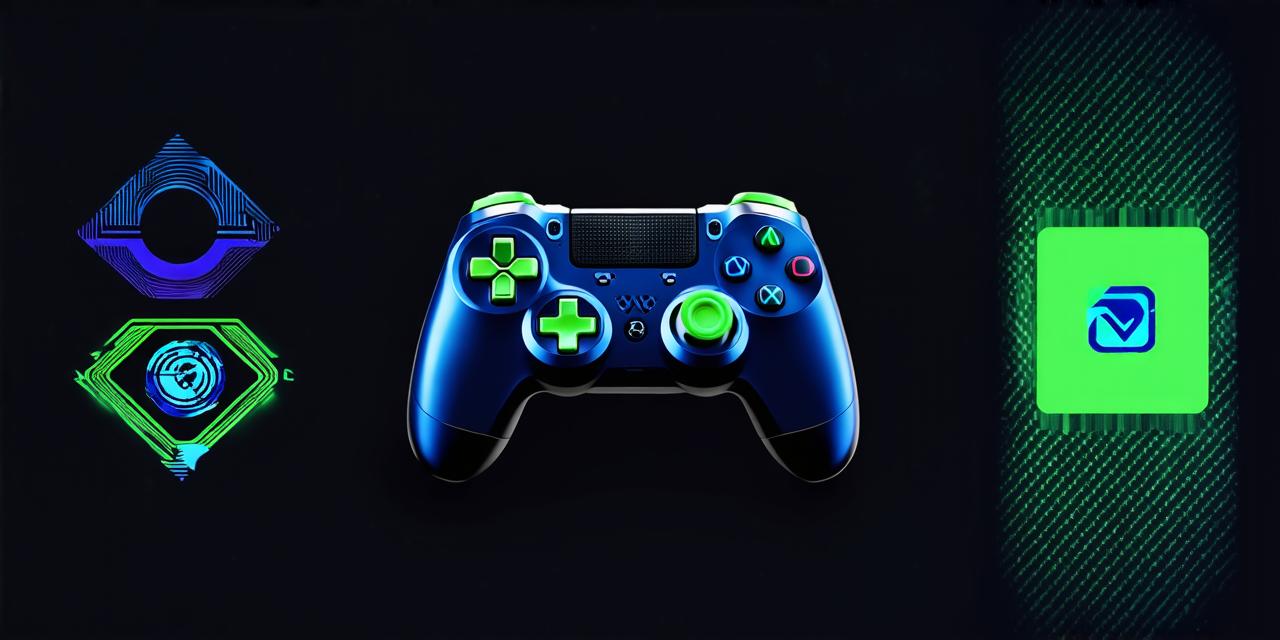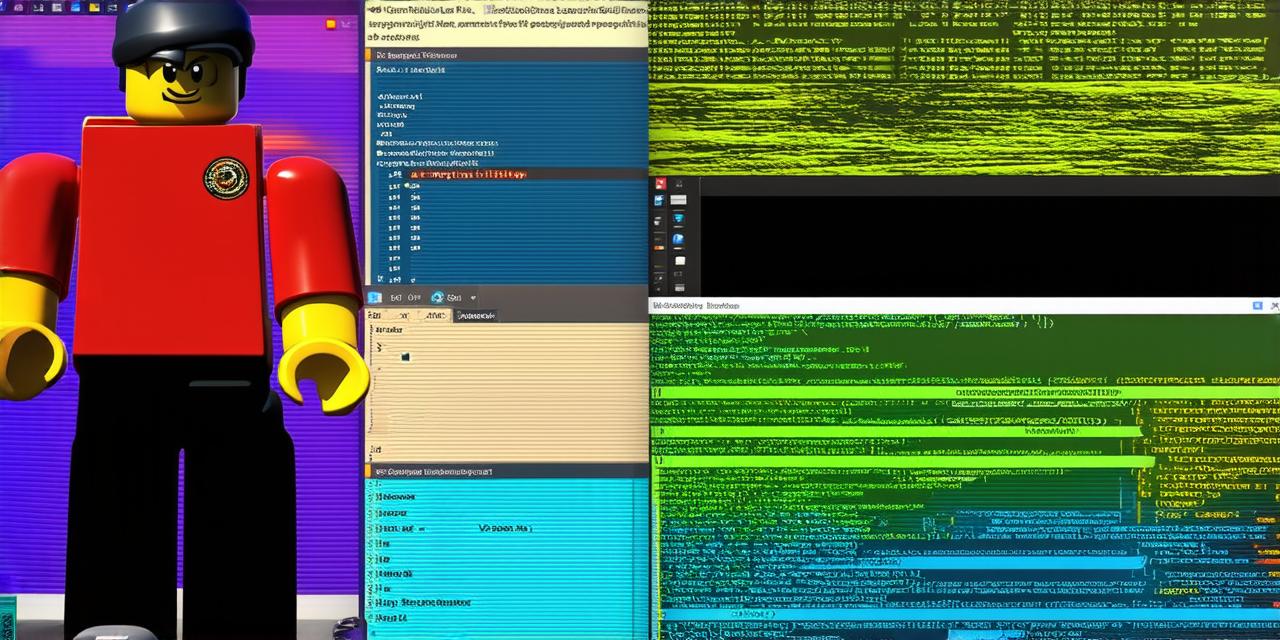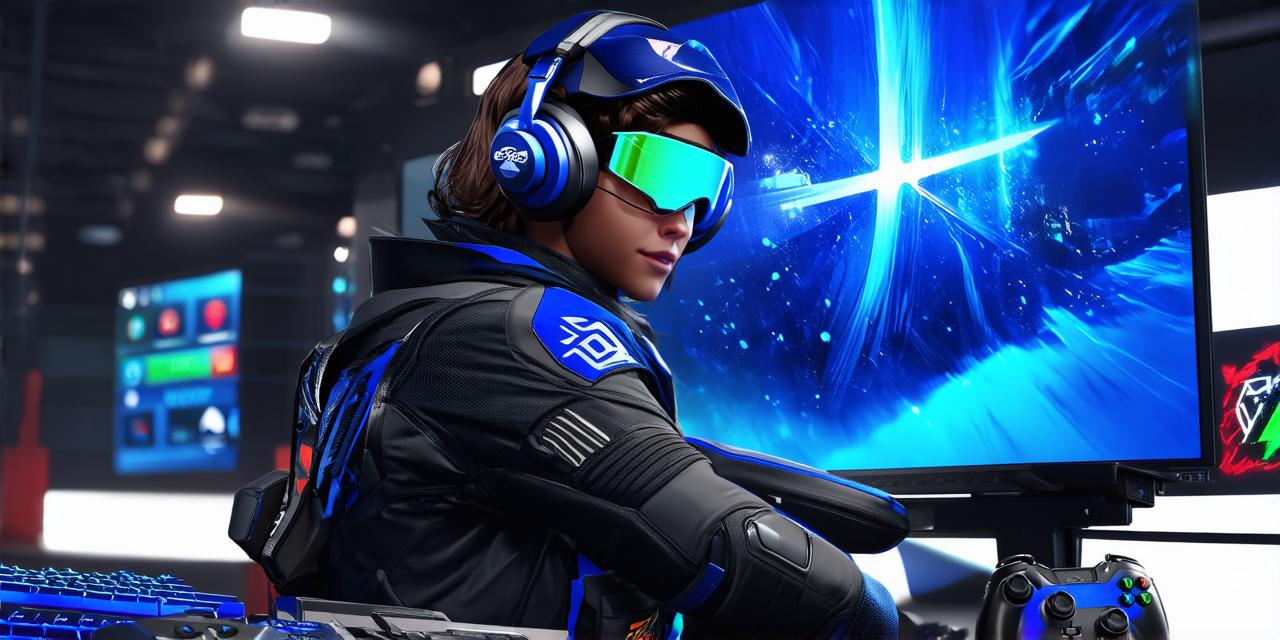In the ever-evolving world of gaming, developers need to stay ahead of the curve by embracing innovative marketing strategies. One such strategy that has gained significant traction in recent years is multi-channel marketing (MCM). By utilizing multiple channels to reach their target audience, game developers can increase their chances of success and drive engagement with their games.
What is Multi-Channel Marketing?
Multi-channel marketing refers to a marketing approach that uses multiple channels to reach and engage with customers. These channels can include email, social media, influencer marketing, content marketing, mobile advertising, and more. The idea behind MCM is to provide a seamless and integrated customer experience across all touchpoints, allowing businesses to build stronger relationships with their audience and increase conversions.
The Rise of Multi-Channel Marketing in Gaming
Gaming has always been a highly engaged and passionate industry, but the rise of social media and mobile devices has amplified this engagement to unprecedented levels. With more players connecting online and sharing their experiences with others, game developers need to adapt their marketing strategies to keep pace with these changes. MCM offers a solution by enabling developers to reach their target audience across multiple channels, ensuring that they are always in touch with potential customers and influencers.
Benefits of Multi-Channel Marketing for Game Developers
Increased Reach and Engagement
By leveraging multiple channels, game developers can increase their reach and engagement with their target audience. For example, social media platforms like Facebook, Twitter, and Instagram allow developers to connect with players and influencers who are interested in their games.
Better Targeting and Personalization
MCM enables game developers to target their audience more effectively by leveraging data analytics and customer insights. By analyzing customer behavior across multiple channels, developers can identify patterns and preferences that allow them to create personalized marketing campaigns that resonate with their audience.
Improved Customer Loyalty
By providing a seamless and integrated customer experience across all touchpoints, MCM can help game developers build stronger relationships with their customers. By engaging with players on social media, responding to feedback, and offering exclusive content or promotions, developers can foster a sense of loyalty and increase retention rates.
Real-Life Examples of Multi-Channel Marketing in Gaming
Fortnite’s Success Story
Fortnite is a popular battle royale game that has achieved massive success through its innovative multi-channel marketing strategy. The game’s developers have leveraged social media platforms like Twitter and Instagram to engage with players, influencers, and celebrities who are fans of the game. They have also created exclusive content and events that have driven engagement and increased revenue.
Pokemon Go’s Viral Marketing Campaign
In 2016, Niantic launched the mobile game Pokemon Go, which quickly became a global phenomenon. The game’s success was largely due to its viral marketing campaign, which included collaborations with celebrities and influencers, as well as strategic partnerships with brands like McDonald’s and Coca-Cola. By leveraging multiple channels to reach their target audience, Niantic was able to create a buzz around the game and drive downloads.
Epic Games’ Influencer Marketing Strategy
Epic Games, the developers behind Fortnite, have also been successful in leveraging influencer marketing as part of their MCM strategy. They have partnered with popular gamers and content creators on social media platforms like YouTube and Twitch to promote their games and drive engagement. By collaborating with these influencers, Epic Games has been able to reach new audiences and increase brand awareness.
Case Studies: How Multi-Channel Marketing Can Drive Business Results
Increased Conversions through Social Media Advertising
In a case study conducted by Hootsuite, a social media management platform, it was found that social media advertising can drive significant results for game developers. By using targeted ads on platforms like Facebook and Instagram, developers were able to reach their target audience and increase conversions. The study found that social media ads had a 28% higher click-through rate than display ads, and that they generated a 13% increase in website traffic and a 7% increase in sales.
Improved Engagement through Influencer Marketing
Another case study conducted by Influencer.co found that influencer marketing can be an effective way to drive engagement for game developers. By partnering with influencers who have a large following on social media platforms, developers were able to reach new audiences and increase brand awareness. The study found that influencer marketing campaigns generated 5x higher engagement rates than traditional advertising campaigns, and that they drove a 10% increase in website traffic and a 3% increase in sales.
Enhanced Customer Experience through Content Marketing
A case study conducted by HubSpot found that content marketing can be an effective way to enhance the customer experience for game developers. By creating informative and engaging content on their website, developers were able to provide value to their customers and build stronger relationships with them. The study found that content marketing generated a 20% increase in website traffic and a 15% increase in sales, as well as a 25% decrease in bounce rates and a 40% increase in time spent on the site.
How to Implement Multi-Channel Marketing for Game Developers
Define Your Target Audience
The first step in implementing MCM for game developers is to define their target audience. By understanding who their ideal customer is, developers can create targeted marketing campaigns that resonate with them and drive engagement.
Develop a Comprehensive Marketing Plan
Once the target audience has been defined, game developers need to develop a comprehensive marketing plan that outlines their goals, strategies, and tactics for each channel. This involves identifying the most effective channels for reaching the target audience, as well as creating content and messaging that aligns with their brand values and resonates with their customers.

Leverage Data Analytics and Customer Insights
To ensure the success of MCM campaigns, game developers need to leverage data analytics and customer insights to measure performance and adjust strategies accordingly. This involves tracking key metrics such as website traffic, engagement rates, conversion rates, and customer feedback, as well as using A/B testing and other techniques to optimize campaigns for maximum impact.
Collaborate with Influencers and Partners
Multi-channel marketing involves collaborating with influencers and partners who have a large following on social media platforms and in the gaming community. By leveraging their influence and reach, game developers can increase brand awareness and drive engagement. This involves identifying the most relevant and effective partners for their target audience, as well as creating compelling content and events that engage their followers.
Monitor and Measure Results
Finally, game developers need to monitor and measure the results of their MCM campaigns to determine their success and identify areas for improvement. This involves regularly analyzing key metrics and using data analytics tools to track performance and adjust strategies accordingly. By monitoring and measuring results, game developers can optimize their campaigns for maximum impact and achieve their business goals.
Summary
Multi-channel marketing is a powerful tool that game developers can use to reach new audiences, increase engagement, and drive revenue growth. By leveraging social media platforms, influencer marketing, content marketing, and other channels, game developers can create targeted campaigns that resonate with their customers and achieve their business goals. Through careful planning, execution, and monitoring, game developers can implement effective MCM strategies that help them succeed in the competitive gaming industry.



